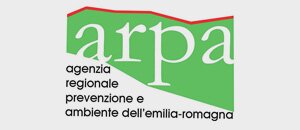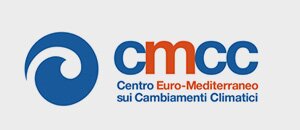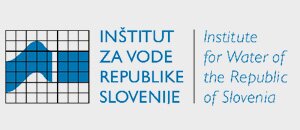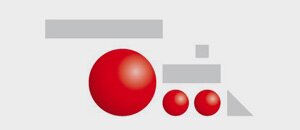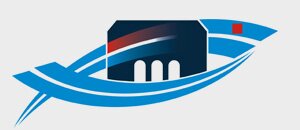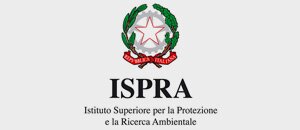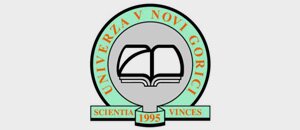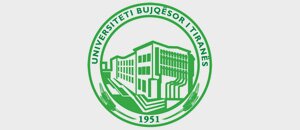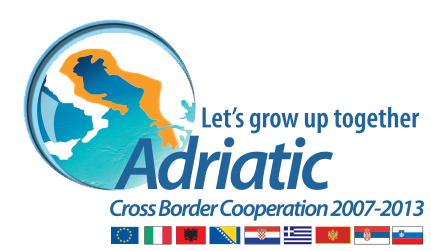
Elsevier has launched an action to promote prevention of plastic ocean pollution at the occasion of the World Oceans Day 2016. They selected a number of innovative research studies within the theme “Healthy Oceans, Healthy Planet” which have an outstanding contribution to monitoring, modeling, mitigation measures, and the study of impact of plastics on marine wildlife and human communities.
The paper “Regional approach to modeling the transport of floating plastic debris in the Adriatic Sea” prepared by S. Liubartseva, G. Coppini, R. Lecci and S. Creti from the Euro-Mediterranean Centre on Climate Change, Lecce, Italy and developed within the framework of the IPA Adriatic strategic project DeFishGear (Derelict Fishing Gear Management system in the Adriatic Region, str-0010) was among 18 publications selected from a 3-year (2014-2016) Elsevier publication list. The selection of the article is recognition of the excellent scientific work and the importance of the contribution to the urgently needed understanding of pollution in marine environments. All selected articles have free access through Science Direct until May 16, 2017.
The article addresses in particular the topic of modeling marine pollution on the example of the Adriatic Sea. Including a number of real and simulated factors it is able to predict the concentrations of marine litter in the Adriatic with high temporal and local accuracy. It is also useful to understand movement of debris in the sea and its deposition on beaches. The model can be used in monitoring of floating debris, planning clean-up actions, and in support of policy decisions.
The selection is a recognition to the importance of the DeFishGear project which is currently the largest project dealing with marine litter in the Adriatic and is designed to give the first assessment of the situation, carry out pilot project and offer strategic recommendation for dealing with the issue at the regional level. The selection also illustrates the importance of regional actions developed and implemented through the IPA Adriatic programme.
The abstract of the article:
For the first time, sea surface concentrations of plastics and their fluxes onto coastlines have been simulated in the Adriatic Sea over 2009–2015. Calculations combine terrestrial and maritime litter inputs with the Lagrangian model MEDSLIK-II forced by state-of-the-art products of operational oceanography: high-resolution ocean currents, waves and wind. The Markov chain model has been implemented to provide flexibility and computational efficiency in simulating any configuration of the plastic debris inputs.
With a relatively short particle half-life of 43.7 days, the Adriatic Sea has been defined as a highly dissipative basin where the shoreline is the main sink of floating debris, by initial assumption. The model results have shown that the coastline of the Po Delta receives a plastic flux of approximately 70 kg (km day)-1. The most polluted sea surface area (more than 10 g km-2 floating debris) is represented by an elongated band shifted to the Italian coastline. Complex source-receptor relationships among the basin's sub-regions are quantified in impact matrices.
Read the integral version of the paper awarded
World Oceans Day is a global day of ocean celebration and collaboration for a better future. This year’s theme is “Healthy Oceans, Healthy Planet and is celebrated on June 8th 2016. The idea of a World Ocean Day was first proposed at the Earth Summit in Rio de Janeiro in 1992, and the United Nations officially recognized June 8th as World Oceans Day in 2008.

DeFishGear team continues its activities related to raising of awareness about marine litter pollution among the youngest members of our local communities. Namely, the DeFishGear team members from the Institute for Water of the Republic of Slovenia (IWRS), organised some very interesting lectures for children about this issue. The lectures were organised on the 5th June 2015, as a part of celebration of the World Oceans Day. The event took place at the Marine Biology Station in Piran, Slovenia.
The lectures consisted of the theoretical and practical part. The theoretical part covered the role of Marine Biology Station, the role of plankton in our seas and some experiments done jointly by children and the DeFishGear team. It also included the lecture titled "Sea and Climate Changes", which was followed by an interactive workshop. IWRS also presented the DeFishGear project, and the marine litter problems at the Slovenian coast, specifically focusing on the impacts of marine litter on flora and fauna.
During the practical part, the real marine litter was used to create pictures, which had a very positive impact on children and the general public. Besides pictures, the team also created some music instruments out of marine litter. The event was finished by a short concert with a very talented young singer.
In total, 41 children and teachers from kindergartens and elementary schools were involved in this activity.
Considering that raising awareness of young generations is very important for the future protection of our seas, the DeFishGear team members will continue to dedicate their time to this important issue in the future as well. Only if we are all sensitive to this issue, we can expect the situation concerning marine litter to improve.
For more information about the event, please contact Mr Uroš Robič via the following e-mail: This email address is being protected from spambots. You need JavaScript enabled to view it.


